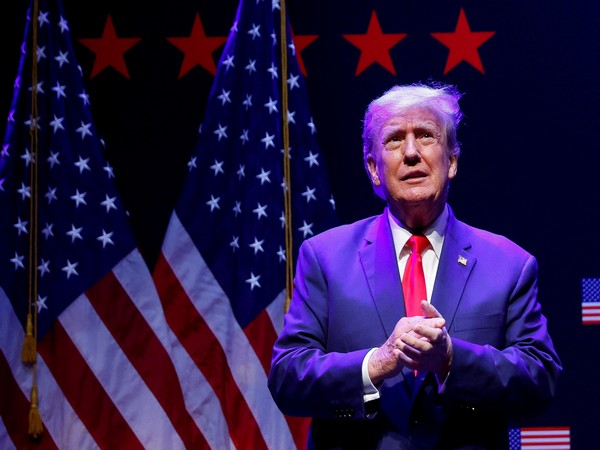Trump Pleads Not Guilty to Federal Charges in 2020 Election Case
Former President Donald Trump pleaded not guilty to criminal charges in a federal indictment accusing him of attempting to overturn his 2020 election defeat. Trump's lawyers entered the plea during a hearing in Washington. The case is delayed as Trump argues for immunity from prosecution, with potential implications for the upcoming presidential election.

Donald Trump pleaded not guilty on Thursday to criminal charges in a revised federal indictment accusing the former U.S. president of attempting to overturn his defeat in the 2020 election. Trump's lawyers entered the plea on his behalf during a court hearing in Washington focused on case proceedings after the U.S. Supreme Court ruled that former presidents have broad immunity from criminal prosecution.
Trump, who is running as the Republican candidate in the Nov. 5 presidential election, was absent from the hearing. The new indictment, brought in August, retained the same four charges as last year's by Special Counsel Jack Smith but omitted allegations dismissed by the Supreme Court.
U.S. District Judge Tanya Chutkan is expected to consider competing proposals from Smith, who wishes to expedite the case, and Trump, who seeks to delay it until post-election. The Supreme Court directed Chutkan to decide if any additional case portions should also be dismissed. Trump faces charges of using false claims of voter fraud to undermine election results and prevent certification of his defeat to Democratic President Joe Biden.
The case, delayed for months while Trump pursued immunity, is unlikely to go to trial before he faces Democratic Vice President Kamala Harris in the election. Trump contends that his prosecution and other legal cases are politically motivated tactics to derail his presidential campaign.
The Supreme Court, in a 6-3 decision in July, stated that former presidents are presumed immune from criminal prosecution for actions taken during official duties. However, Smith asserts that remaining allegations are not protected by immunity and can proceed to trial.
Prosecutors are prepared to file court documents supporting their stance "at any time the court deems appropriate." Trump's lawyers suggest that Chutkan should delay consideration of the immunity ruling impact until after the election.
If Trump wins the election, he aims to direct the Justice Department to drop the charges. He proposes that his lawyers first argue for dismissal on the grounds that Smith was unlawfully appointed as special counsel under the U.S. Constitution.
Trump employed a similar argument to convince a Trump-appointed federal judge in Florida to dismiss another criminal case brought by Smith, accusing him of illegally retaining classified documents after leaving office. Smith's office is appealing that decision. The federal appeals court in Washington has previously upheld special counsels' authority over specific sensitive investigations.
(With inputs from agencies.)










